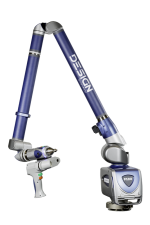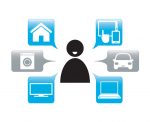Key ingredients for designing smart machines and equipment
By: Dan Seger, Principal Application Engineer, Rockwell Automation OEMs have always been expected to innovate and keep pace with end users’ requirements. Yet, today in the era of smart manufacturing, end users want to optimise their production and supply chain by bringing together islands of information – and they want OEMs to help. Delivering on the promise of smart manufacturing is paramount. At the heart of a smart operation is The Connected Enterprise. It consists of converged information technology (IT) and operations technology (OT) systems into a single network architecture. It also uses smart machines and Internet of Things (IoT) technologies for seamless connectivity and information sharing across people, plants and supply chains. As a result, end users need smart machines and equipment that are designed to thrive in The Connected Enterprise and provide nearly endless opportunities to improve their operations. It also can help them address their most pressing needs, such as: • Remaining globally competitive by keeping business models relevant and moving from mass production to mass customisation. • Addressing workforce issues, including retaining the skills of retiring workers, and ensuring IT and OT workers are prepared for the influx of new smart technologies. • Addressing risks, including security threats and increasingly complex regulations. • Making the most of Internet- and Ethernet-enabled technologies. This all may be daunting for industrial OEMs. However, they can meet customers’ needs and simplify the design of smart systems by focusing on three key elements: processes, technology and people. Processes: Meet End Users on Their Journey An end user’s journey to The Connected Enterprise generally follows four stages (see sidebar). Still, every journey will be distinct. Factors, such as operational needs, available resources and workforce availability, will be unique to each organisation and influence their Connected Enterprise roadmap. OEMs will encounter end users […]









